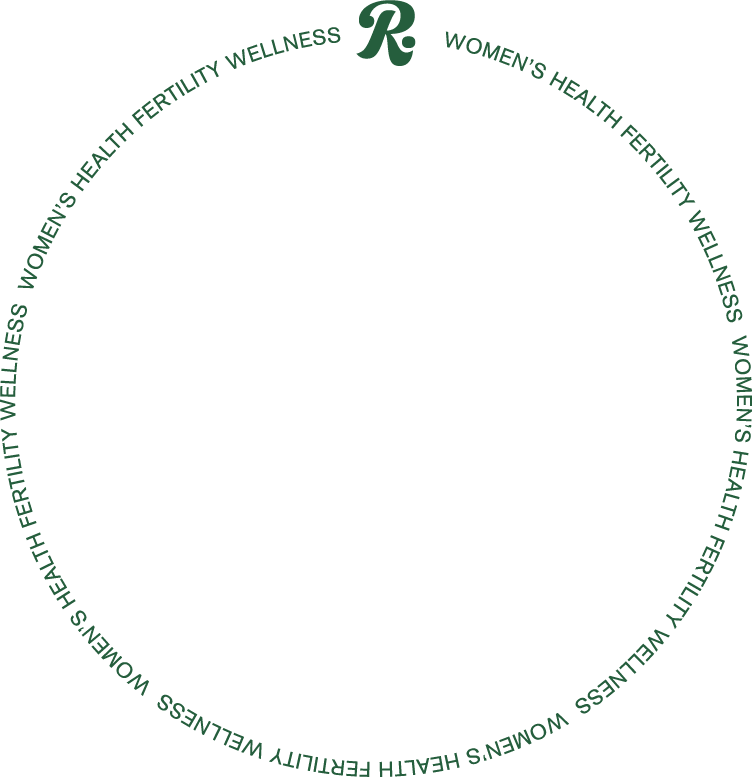In the wake of the overturning of Roe v. Wade, we’re very much living in a state of uncertainty where reproductive health is concerned. Waiting to see how abortion care will look in a post-Roe world can feel wildly disorienting at best, terrifying at worst — and at this point, even experts are left theorizing about what may happen down the line.
When news broke that the FDA had decided to allow retail pharmacies to dispense abortion pills, many celebrated this path to access.
“I definitely think it will be extremely helpful, mostly because we’re seeing across the nation increased restrictions to life-saving medical care. It’s really important to be able to have access and whatever is going to make that access easier and safer, I’m all here for it,” Andi Schmerin, PA-C , COO and Director of Telehealth at Binto.
Schmerin, who practiced at Planned Parenthood and a fertility clinic prior to joining Binto, adds that there’s still uncertainty around what this will look like state-to-state. But here’s what we do know: The science of the medication that can be administered to terminate a pregnancy.
What is the abortion pill?
The medication that the FDA will allow to be sold at retail pharmacies is called Misoprostol, and it’s commonly used to terminate pregnancies, but it has other uses as well. For example, Misoprostol can be used for acid reflux, and it’s sold in retail pharmacies in other countries, according to Schmerin.
“When used for abortion, the recommendation is to get 12 pills, and typically there’s a dosing regimen for taking them over a number of hours,” says Schmerin. “They’re little semi-dissolvable pills. Usually you start with four of them, you put them under your tongue, and you let them dissolve there for about 30 minutes before swallowing the remainder.”
“Basically what this is going to do is it’s going to help your uterus cramp and dilate and evacuate anything that’s inside your uterus,” Schmerin adds.
When can you take Misoprostol?
It’s important to take Misoprostol early on, as it is safe and effective in the first 70 days of pregnancy. That puts someone at around 12 weeks of pregnancy, so a medicated abortion is an option through much of the first trimester.
If someone is further along in their pregnancy, a D&C (which is a surgical procedure that removes the contents of the uterus) is necessary. With that being said, if taken early in pregnancy, a medicated abortion is extremely safe.
What are the potential side effects of the abortion pill?
According to Schmerin, cramping, discomfort, and significant bleeding are expected side effects of a medicated abortion. Excessive pain (especially if it’s on one side of the body) requires medical attention.
“Generally speaking, when you’re taking this in the first trimester, it’s incredibly safe and it’s very unusual to have a need for additional medical intervention,” says Schmerin.
With that being said, excessive bleeding always warrants medical attention. “If bleeding is heavy (large clots for more than two hours) or [someone experiences] any other symptoms like lightheadedness, then you should see a doctor,” says Kim Langdon, MD, an OB/GYN with Medzino.
However, there’s one dangerous scenario in which Misoprostol will be ineffective — and seeking out an ultrasound before taking the medication is the only way to rule it out.
“If you do not have an intrauterine pregnancy, aka an ectopic, then it will not work and you will be in great danger,” says Dr. Langdon. “It's always best to confirm the location by ultrasound."
Will physicians in states with abortion bans prescribe Misoprostol?
That remains unclear.
“It’s going to be complicated,” says Schmerin. “It’s going to be probably a little while of a lot of legal battles and trying to figure out what the new normal for abortion care looks like in a post-Roe world. I think there’s a lot to figure out on that side. But what I do know, and what is well-established in the medical community, is that almost every provider agrees that abortion care needs to be accessible and safe for all people, regardless of the reason. I think there’s motivation, at least from a provider standpoint, to make sure people are getting the care that they need.”
What exactly is an abortion?
Misoprostol is often prescribed for missed miscarriages, and dubbing the medication “abortion pills” may carry a stigma for some. But, according to Schmerin, it’s important that we remove this stigma and normalize the word “abortion” — and understand what exactly an abortion is.
“There’s a whole misunderstanding in the general public around the word abortion. In general, it’s been highly politicized, [but] medically speaking, abortion is any time a pregnancy is lost, whether that’s intended or not,” says Schmerin. “Miscarriage is more of our conversational term for a pregnancy that we weren’t intending [to terminate], but miscarriages are abortions. So I do think any time the term abortion is used, you’re going to get a lot of flack because there are very strong opinions on both sides. But at the same time, I think it’s really important to normalize the term.”
Zara Hanawalt is a freelance journalist and mom of twins. She's written for outlets like Parents, Marie Claire, Elle, Cosmopolitan, Motherly, and many others. In her (admittedly limited!) free time, she enjoys cooking, reading, trying new restaurants, and traveling with her family.














.webp)

.png)















